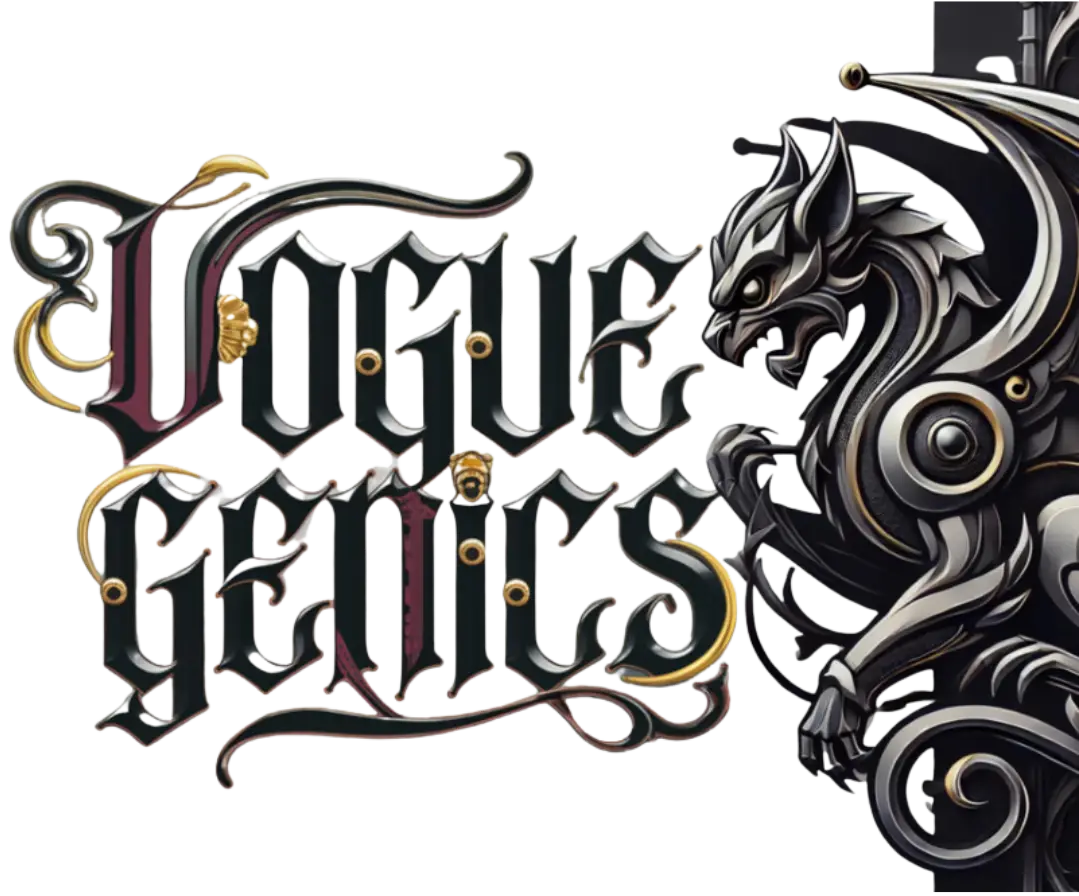The world of gaming has seen tremendous growth, transformation, and innovation over the past few decades. Few brands have had as profound an impact on this evolution as PlayStation. As we celebrate the 30th anniversary of PlayStation, it’s worth taking a nostalgic look back at the origins of this iconic gaming brand, how it redefined the gaming landscape, and where it stands today.
The Genesis: Humble Beginnings
PlayStation’s story begins in the early 1990s, at a time when Sony, one of the leading electronics manufacturers in the world, was not yet a significant player in the video game industry. The initial spark that led to the birth of PlayStation was a failed partnership between Sony and Nintendo.
In 1988, Sony was tasked with developing a CD-ROM add-on for Nintendo’s SNES console. However, due to disagreements, the deal fell apart, and Nintendo chose to partner with Philips instead. This rejection motivated Ken Kutaragi, then a Sony executive and the ‘Father of PlayStation,’ to pursue creating Sony’s own gaming console. Kutaragi, undeterred by the failed collaboration, pushed for Sony to develop its own gaming platform, believing there was untapped potential in the gaming market. Thus, the seeds of PlayStation were planted.
Sony officially launched the original PlayStation in Japan on December 3, 1994, and in North America on September 9, 1995. The console’s bold mission was to deliver cutting-edge 3D graphics, immersive experiences, and a developer-friendly environment.
The Rise of the Original PlayStation (PS1)
The PlayStation’s entry into the market was nothing short of revolutionary. When it hit store shelves in the mid-90s, gaming was already a well-established hobby, with Nintendo and Sega dominating the space. But Sony had something different to offer. The original PlayStation not only boasted impressive hardware but also featured a more aggressive and edgy marketing campaign that appealed to an older demographic. This was pivotal in shifting the perception of video games from a child-centric pastime to a more mainstream and inclusive form of entertainment.
At the core of PlayStation’s success were its games. Titles such as Final Fantasy VII, Metal Gear Solid, Gran Turismo, Resident Evil, Crash Bandicoot, and Tekken became iconic, each pushing the boundaries of what was possible on a console at the time. These games, coupled with the PlayStation’s powerful hardware and affordable price point, made it a household name. By the time the PlayStation 1 was discontinued in 2006, it had sold over 102 million units, making it one of the best-selling consoles of all time.
PlayStation 2: The Record-Breaking Era
On March 4, 2000, Sony released the PlayStation 2 (PS2) in Japan, followed by a North American release later that year. The PS2 wasn’t just an upgrade in gaming hardware; it was a multimedia powerhouse. One of the key selling points of the PS2 was its built-in DVD player, which helped propel the console into living rooms not just as a gaming device but as an entertainment hub. The inclusion of the DVD format was a strategic move, given that DVDs were becoming the new standard for movies at the time.
The PS2 is often remembered for its incredible library of games, which includes titles like Grand Theft Auto: San Andreas, God of War, Shadow of the Colossus, Final Fantasy X, and Kingdom Hearts. The sheer variety and depth of its game library, combined with backward compatibility with PS1 games, helped make the PS2 a monumental success.
To this day, the PlayStation 2 remains the best-selling console of all time, with over 155 million units sold worldwide. Its influence extended far beyond just gaming; it solidified PlayStation’s position as a dominant force in the entertainment world.
PlayStation 3: The Challenge of Transition
The PlayStation 3 (PS3) launched in 2006 and marked Sony’s first venture into high-definition gaming. However, the road wasn’t as smooth as its predecessor’s. The PS3 came with a hefty price tag at launch—$499 for the basic model and $599 for the 60GB model—due to its expensive components, such as the Blu-ray drive and the powerful Cell processor.
The PS3’s initial struggles were exacerbated by the fierce competition from Microsoft’s Xbox 360 and Nintendo’s Wii. While both competitors offered their systems at more affordable prices, Sony had to contend with the criticism of the PS3’s complex architecture, which made it difficult for developers to create games for the system.
Yet, despite its rocky start, the PS3 eventually found its footing. Sony addressed its challenges with price cuts, hardware revisions, and a series of exclusive games that showcased the true potential of the platform. Titles like Uncharted 2: Among Thieves, The Last of Us, Metal Gear Solid 4: Guns of the Patriots, and LittleBigPlanet became instant classics, proving that the PS3 could hold its own.
The introduction of the PlayStation Network (PSN) was another crucial milestone. Though the online service initially struggled to compete with Xbox Live, it gradually improved, offering features like free multiplayer gaming, a digital marketplace, and subscription services such as PlayStation Plus. By the end of its lifecycle, the PS3 had sold over 87 million units.
PlayStation 4: Redefining the Modern Gaming Experience
Released in November 2013, the PlayStation 4 (PS4) was a response to the lessons Sony had learned from the PS3 era. It was designed to be powerful yet easier for developers to work with, and it came at a more consumer-friendly price point—$399 at launch. The PS4 was a massive hit, resonating with both hardcore gamers and casual players alike.
The PS4 was notable for its strong focus on social gaming. The console made sharing gameplay experiences incredibly easy, with players able to upload videos, stream live on platforms like Twitch, and share screenshots with a simple press of a button. This connectivity played a significant role in creating gaming communities around titles like Destiny, Overwatch, and Fortnite.
One of the biggest strengths of the PS4 was its extraordinary lineup of first-party and exclusive games. From Bloodborne and Horizon Zero Dawn to God of War (2018) and Spider-Man, the PS4 established itself as a must-have console for gaming enthusiasts. By the time its production was discontinued in 2021, the PS4 had sold over 117 million units, becoming one of the best-selling consoles of all time.
The PlayStation 5 and the Future
Sony launched the PlayStation 5 (PS5) in November 2020, and the anticipation surrounding the console was immense. With its ultra-fast SSD for near-instant load times, ray-tracing technology for realistic lighting, and the powerful custom-designed AMD CPU and GPU, the PS5 represented a massive leap forward in terms of performance and immersion.
The PS5 has been in high demand since its release, selling out consistently and facing shortages due to supply chain issues exacerbated by the COVID-19 pandemic. Yet, despite these challenges, the PS5 has already established itself as a powerhouse, thanks in part to games like Demon’s Souls, Ratchet & Clank: Rift Apart, and Horizon Forbidden West. Its innovative DualSense controller, which features advanced haptic feedback and adaptive triggers, has also been widely praised for enhancing the tactile gaming experience.
The PS5’s backward compatibility with most PS4 games was a welcome feature, allowing players to carry over their existing library while enjoying improved performance and visuals. Moreover, the continued expansion of PlayStation Plus, including its new tiers offering a vast selection of games from across PlayStation’s history, further underscores Sony’s commitment to its gaming ecosystem.
As the PlayStation brand moves forward, the company’s focus on virtual reality (with PlayStation VR2) and live-service games suggests an evolving vision for the future of gaming. Sony’s acquisition of studios like Insomniac Games and partnerships with companies such as Epic Games also indicate that the future of PlayStation will involve further exploration of cross-platform play, cloud gaming, and next-gen content delivery.
Cultural Impact and Legacy
PlayStation’s 30-year journey isn’t just about technological advancements and sales numbers; it’s also about its deep cultural impact. PlayStation helped transform gaming from a niche hobby into a global entertainment juggernaut. Its games have not only entertained millions but have also been recognized for their artistic merit, storytelling, and emotional depth.
From the unforgettable characters of Crash Bandicoot and Solid Snake to the heart-wrenching journeys of Ellie and Joel in The Last of Us, PlayStation games have transcended traditional gaming narratives to become part of the cultural zeitgeist. They have also played a significant role in shaping eSports, with competitive titles like Street Fighter and Call of Duty leading the charge.
PlayStation has embraced diversity in its gaming experiences, offering a platform for indie developers and big studios alike. From the smallest indie gems to blockbuster AAA titles, PlayStation has continually pushed for inclusivity, creativity, and artistic innovation in the gaming world.
Looking Forward: The Next Chapter
As PlayStation celebrates its 30th anniversary, the brand’s legacy continues to grow. With over three decades of success, Sony shows no signs of slowing down. The future promises even more innovations with technologies like augmented reality, artificial intelligence, and cloud gaming on the horizon.
In a world where gaming is now firmly entrenched as a cultural phenomenon, PlayStation’s journey stands as a testament to the power of innovation, perseverance, and a passion for gaming. From its rocky beginnings to its record-breaking success, PlayStation has continually reinvented itself, proving that the brand will remain a dominant force in gaming for years to come.
As we reflect on PlayStation’s 30-year legacy, one thing is clear: PlayStation has not only shaped the gaming industry but has also become an integral part of the lives of millions of people worldwide. Whether you grew up with the original PS1, spent countless hours on the PS2, battled through online matches on the PS3, explored vast worlds on the PS4, or are now enjoying the next-gen power of the PS5, PlayStation has undoubtedly left an indelible mark on gaming history.
Here’s to 30 years of PlayStation—and to many more groundbreaking, unforgettable gaming experiences to come.
#playstation #ps #gaming #gamer #xbox #videogames #games #game #xboxone #gta #twitch #nintendo #pc #sony #fortnite #gamers #gamergirl #memes #videogame #callofduty #youtube #pcgaming #gamingcommunity #fifa #pro #instagamer #streamer #cod #nintendoswitch






